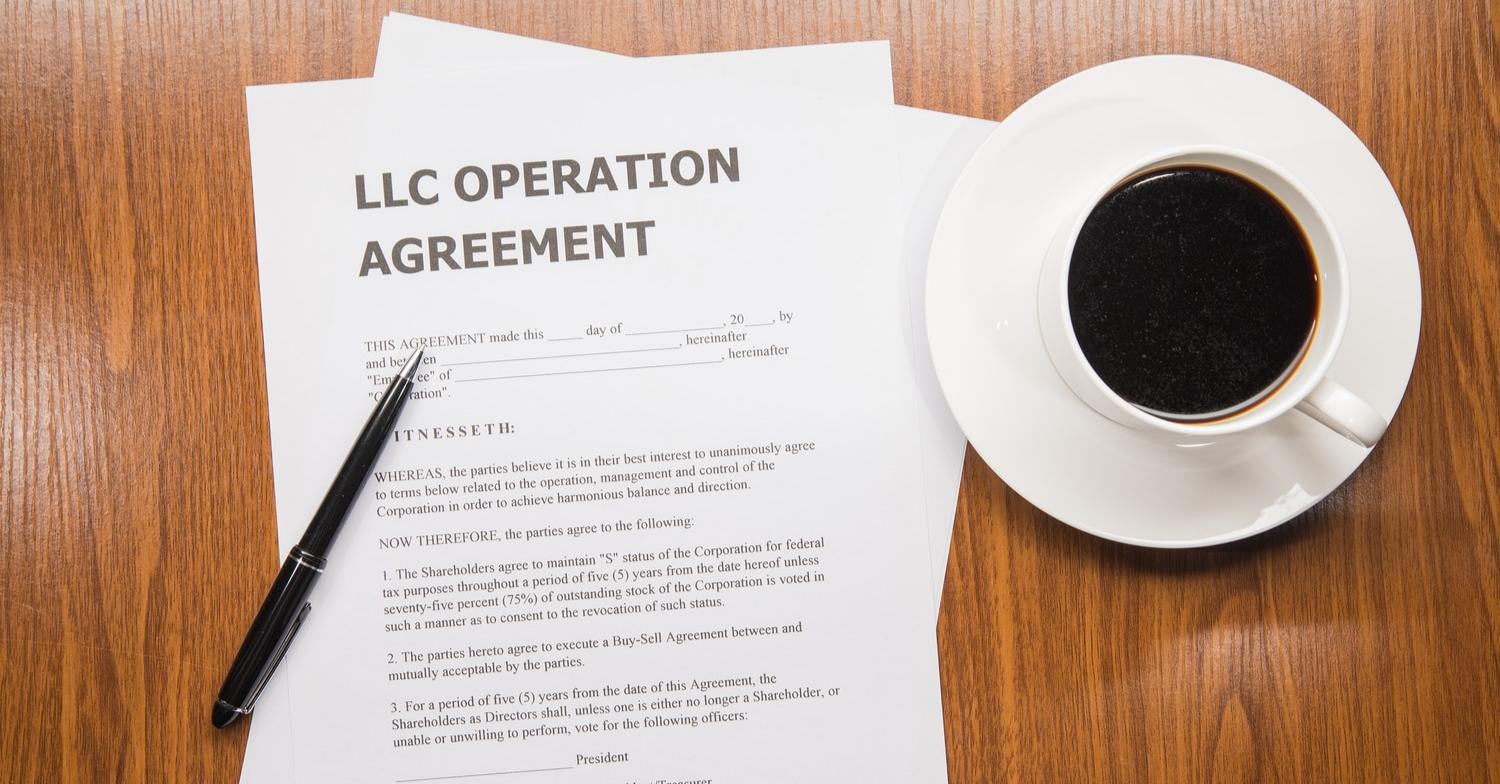Over the past few years, freelancing has grown in popularity as a job option. Working on different projects and having flexibility and freedom are some of its benefits. Tax preparation is one area, though, that may be difficult for independent contractors. Finding the best way to reduce taxes and efficiently file taxes may be difficult, particularly when dealing with the intricacies of various state tax laws. This post will address the tools and techniques that freelancers in Montana and Idaho may use to help them with the tax preparation process, as well as the issues that are unique to their situation.
There are a few key differences that independent contractors must comprehend, one of which is the differential between 1099 and W-2 classifications. The employer of a W-2 employee pays them on a regular basis, with taxes taken out of their salary automatically. Nonetheless, 1099 contractors are exempt from automatic self-employed deductions and are in charge of paying their own taxes. Significant ramifications for tax planning result from this discrepancy.
There is a benefit for freelancers in Montana: no state income tax is required. Just a few states do not charge their citizens income taxes, including Montana. Consequently, not having to pay state income tax on their profits implies that freelancers in Montana may be able to save a substantial sum of money. It is noteworthy, however, that independent contractors in Montana are still liable for federal income tax in addition to additional levies like Medicare tax and self-employment tax.
By contrast, Idaho imposes a state income tax on freelancers. The income tax rate in Idaho is progressive, meaning that it rises in tandem with an increase in income. For independent contractors, particularly those making more money, this may have a big effect on their tax obligations. To assist freelancers lower their tax burden, Idaho does provide a few credits and deductions. For instance, independent contractors in Idaho are eligible to write off business costs for things like office supplies, tools, and travel expenditures incurred in the course of doing business.
Freelancers in Idaho and Montana may avail themselves of a range of internet tools and a 1099 taxes calculator to help them arrange their taxes efficiently. A calculator that assists independent contractors in figuring out the tax consequences of being categorized as a 1099 contractor or a W-2 employee is the W-2 vs. 1099 calculator. In order to give freelancers an estimate of their tax due under each classification, this calculator considers many aspects, including income, deductions, and IRS tax rates. This calculator helps independent contractors decide on employment status and maximize tax savings.
For independent contractors, the Medicare tax calculator is an additional valuable resource. The self-employment tax that independent contractors must pay includes Medicare tax as a mandatory component. Determined by taking a portion of the freelancer’s net profits, this tax goes toward funding the Medicare program. Freelancers can use the Medicare tax calculator to predict their quarterly tax obligations and ascertain their Medicare tax due.
It is important for freelancers to be informed of the impending changes in 2023 regarding quarterly tax payments. Professionals who anticipate owing more than $1,000 in taxes year will have to start making quarterly payments to the government in 2023. Instead of waiting until the end of the tax year, this measure intends to ensure that freelancers pay their taxes on a regular basis. Freelancers can escape fines and interest for underpaying taxes by filing their taxes on a quarterly basis.
In conclusion, tax preparation is an important part of freelancing, and it’s critical to comprehend the state-specific tax laws. While Idaho’s progressive income tax system may have consequences for independent contractors, Montana provides the benefit of having no state income tax. Freelancers may maximize their tax benefits and efficiently schedule their quarterly tax payments by using tools like the Medicare tax calculator and the W-2 vs. 1099 calculator. Freelancers may best negotiate the intricacies of tax laws and maintain their financial security by being proactive and knowledgeable about tax planning.
